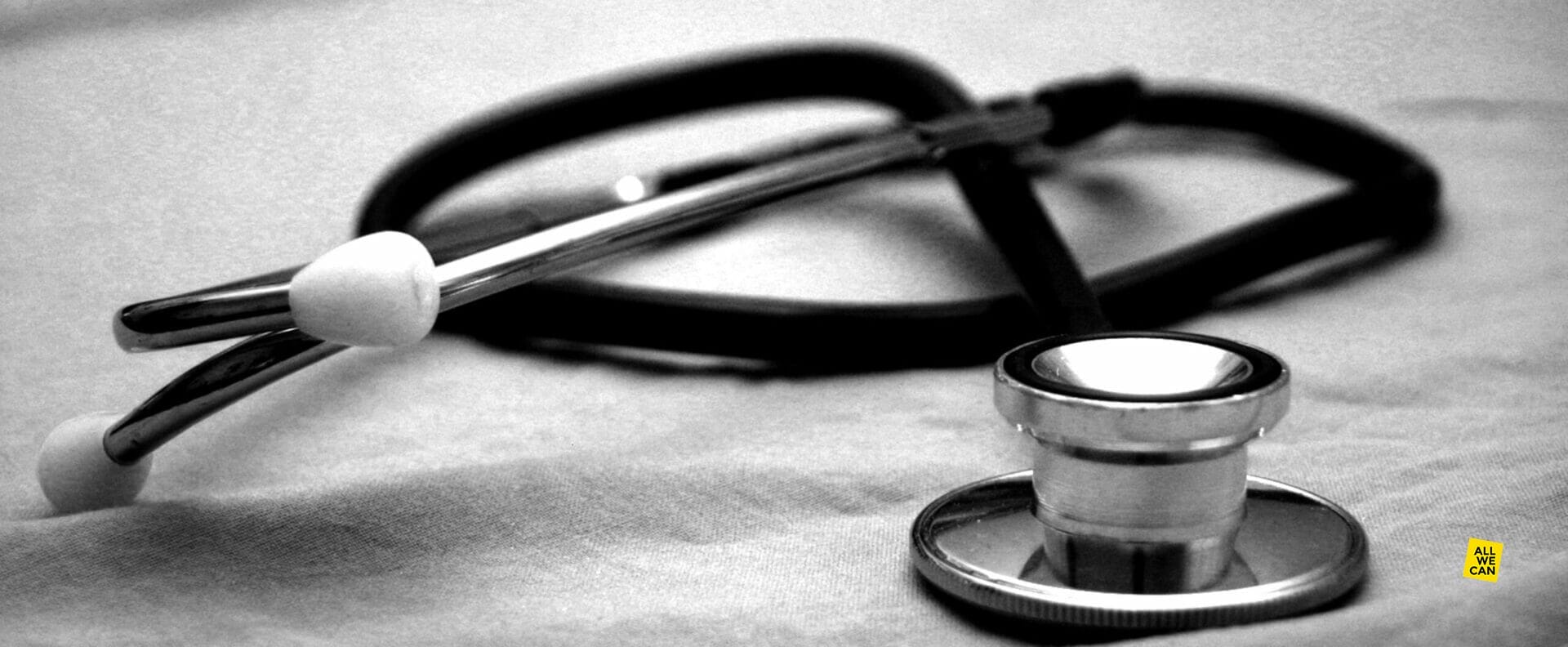Health and sickness in a changing world
If we don’t feel very well, we may stay at home or take a day off work. ‘Sick leave’ can be a generous provision for many employees. The Office for National Statistics estimated that 137.3 million working days were lost due to sickness or injury in the UK in 2016: equivalent to 4.3 days per person.
When we are unhealthy we know how unproductive we can be and how it might affect those around us. However, for most of us, we can get back to our normal healthy life because there are various support systems in place for the majority of those living in the developed parts of the world.
Imagine the challenge of sickness when exacerbated by hunger, unclean water, lack of sanitation, poor housing and other opportunistic illnesses each of which make adults and children more susceptible to disease. Health experts, economists and international development advocates realise that there is a link between poor health, poverty and under-development. Inadequate health standards cause suffering not only for individuals but can also lead to conflict and social unrest in families, communities and society. Global health must be at the forefront of international development. We all know that better health is essential to human happiness and well-being. It also makes an important contribution to economic progress, as healthy populations live longer, are more productive, and save more.
There is evidence of widening gaps in health worldwide. In all areas, from mother and child deaths to a range of communicable and non-communicable diseases, the statistics tell the same story: the vulnerable, the poorest and the most fragile are not coping.
My thirty years as a specialist in public health, seventeen based in Africa, gave me extensive experience at a time when many of us were seeking to combat HIV/AIDS. I witnessed how the disease ravaged the lives of people and countries.
Health and development is complex. Many factors influence the level of adequate health provision. It is not just about the health of an individual, but it involves a broader quality of life, transport provision, education and so on. As the health of a nation improves so does its economy. Effective public health systems are essential for providing care for the sick, and for instituting measures that promote wellness and prevent disease. It is not simply about more hospitals, medicines or health workers, there also needs to be a government commitment to promoting health and global systems that make change affordable and practical.
Good health demands a longer-term approach. In addition to the emergency situations that we have supported requiring lifesaving healthcare, over the years All We Can has been involved in a range of interventions that assist the health and quality of life of people living in some of the world’s poorest communities: water and sanitation, hospital refurbishment, Ebola and HIV prevention care and training, livelihood support and child protection.
Next time we are ill let us remember, that it is the grace of God alone that allows us to live where we do and have the privilege of the care and support from others. There are so many worse off than us. And let us also remember that it does not take much to offer a gift of gratitude that will help those less fortunate. We may not be able to change the world’s state of health, but we can change someone’s world.

